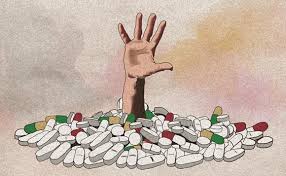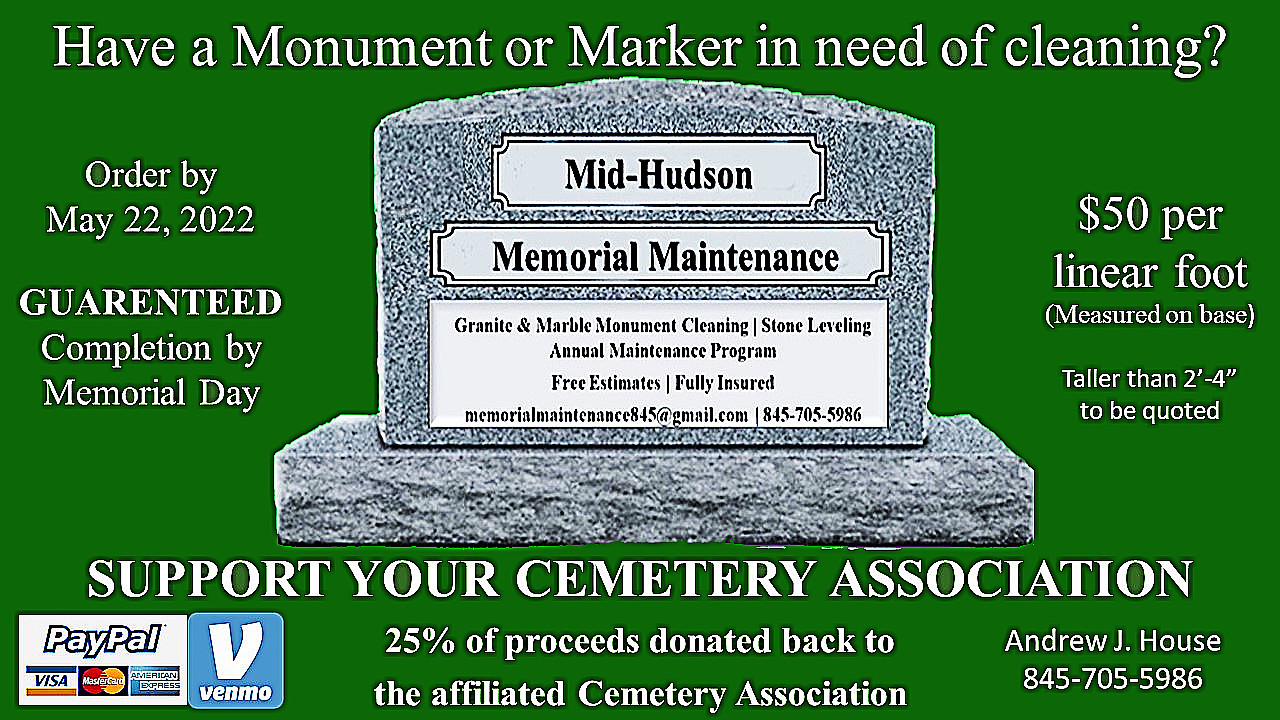Opioids, Addiction and Tragedy
The use of illegal and misuse of legal drugs, including alcohol, is not new to our area or the nation. Addiction, long thought of as a weakness is only now being recognized as an illness, but insurance coverage is spotty and usually offers short-term help, while the penal code continues to make matters worse.
Many suffered under the draconian Rockefeller Laws, putting tens of thousands of people in prison because they were sick. For many suffering from mental illnesses (brain sicknesses), that remains their reality. There are no easy solutions to illnesses of the brain, and addiction to opioids is one of them. Since it is difficult, legislators, wanting to do something…something that costs nothing, seek remedies that are too little, too late in addressing a crisis that continues to grow as more and more people self-medicate. With treatment, housing and appropriate care simply not available, too costly, or in short supply and the stigma of admitting to the disease too painful or embarrassing, illnesses go untreated.
Laws attempting to limit access to a handful of powerful medications might temporarily reduce the number of overdose deaths. Limiting the number of pills one can prescribe can help some people from becoming addicted, but history shows us that treatment, supervision, proper medication and the elimination of stigma are essential for turning the tables on this disease.
When we turnoff one spigot, legal medication, the ill will find other sources to the stifle the pain. If we, as a society, don’t address the underlying issues causing these illnesses, we can only expect it to worsen and the tragedies families experience to grow.
If legislators want to end this scourge, and there is no doubt they do, they are going to have to make major changes in the way they deal with it and the way they present these options to the public.
- Departments and committees dealing with mental illness (brain illnesses) and Departments of Health should be merged. This is all about healthcare. When we separate one from the other, we give the impression that they are different. Insurance companies look at them as different, treatment is different and the public sees them differently, leading to the tremendous lack of understanding and the stigma that keeps so many from getting treatment.
- Insurance laws must be permanently changed giving brain illnesses the same attention and coverage as any other long-term illness. Type A Diabetes is a lifelong affliction, one that requires medical care, medication and other attention, it isn’t given 3 months, or 3 days in a clinic and then you are on your own. Heart disease can last a lifetime, again, we don’t toss the patient out after a week or two. If those with brain illnesses are not going to be treated as people with an illness we will never fully address this crisis and more will die and more families will be torn apart.
- For many with addiction and other brain illnesses, short, mid-level and long-term housing is critical. These people need appropriate housing in neighborhoods that are safe, accessible and offer the services they need to lead productive and in most cases normal lives. This kind of housing was supposed to be created in the Reagan years, when large regional institutions were closed down and block grants were given to the states. Those funds never found their way to addressing the needs of those with brain illnesses and many were cast out into the streets, finding themselves in jails and prisons across the nation, where many find themselves today. This isn’t a solution, this only adds to the problem.
- Better training of professionals and better pay for those working and living in care facilities. For all too many working in housing for those with brain illnesses, including addiction, they are not making a living wage, they are not trained, there is no career path or opportunity of advancement. These dead-end jobs attract some who mean well and others who have, on occasion, taken advantage of those they are hired to help. Dedicated workers doing this most difficult work should be treated with the respect they deserve and the rewards befitting someone doing God’s work.
We can fight the war on drugs at the borders, we can fight the war on drugs at the pharmacy and we can fight the war on drugs in the home, at the drug cabinet in our family bathrooms, but we cannot win this war until we recognize that those in need of treatment will find something, anything, to alleviate the pain and suffering they are going through. This isn’t a war that we can stop by limiting access or stopping the flow of some drug or another. This is a long struggle to address those in need of help, this is helping the families of the sufferer, so they too can be part of the solution and no longer be part of the problem.
Sometimes legislators have to make hard decisions, they have to find funding to do the right thing and they have to help educate the public as to why this is so essential. More than 76,000* people in the USA die from drugs and alcohol every year (not including tobacco). That is too big a problem to believe that having drug boxes at police stations or limiting the number of pills in a prescription alone can solve this. If elected to the NYS Senate from the 40th district, addressing this crisis will be a priority, finding ways so families can heal and sufferers can find a welcoming place in society will be a apriority.
There are many people and organizations engaged in this struggle. Nonprofits, professionals and families who have become active due to the loss or tragedy they’ve personally endured. Our local police, schools and others are challenged day-to-day by the insidious diseases that lead to these horrific human tragedies. They too need more support, more tools at their disposal and better options for those they try to help. We owe a lot to these selfless people in the trenches who face these demons everyday.
This state inflicted a great deal of pain and tragedy under the Rockefeller Drug Laws; prison warehousing human beings and fostering stigmatized doctrine about people with real sicknesses exacerbated the problems we still live with. No, none of this is new and it is time to undue the damage and make the changes needed to make it right.
*National Institute on Drug Abuse
Kind Regards,
Mark A. Lieberman
Vision With Action Can Change The World

